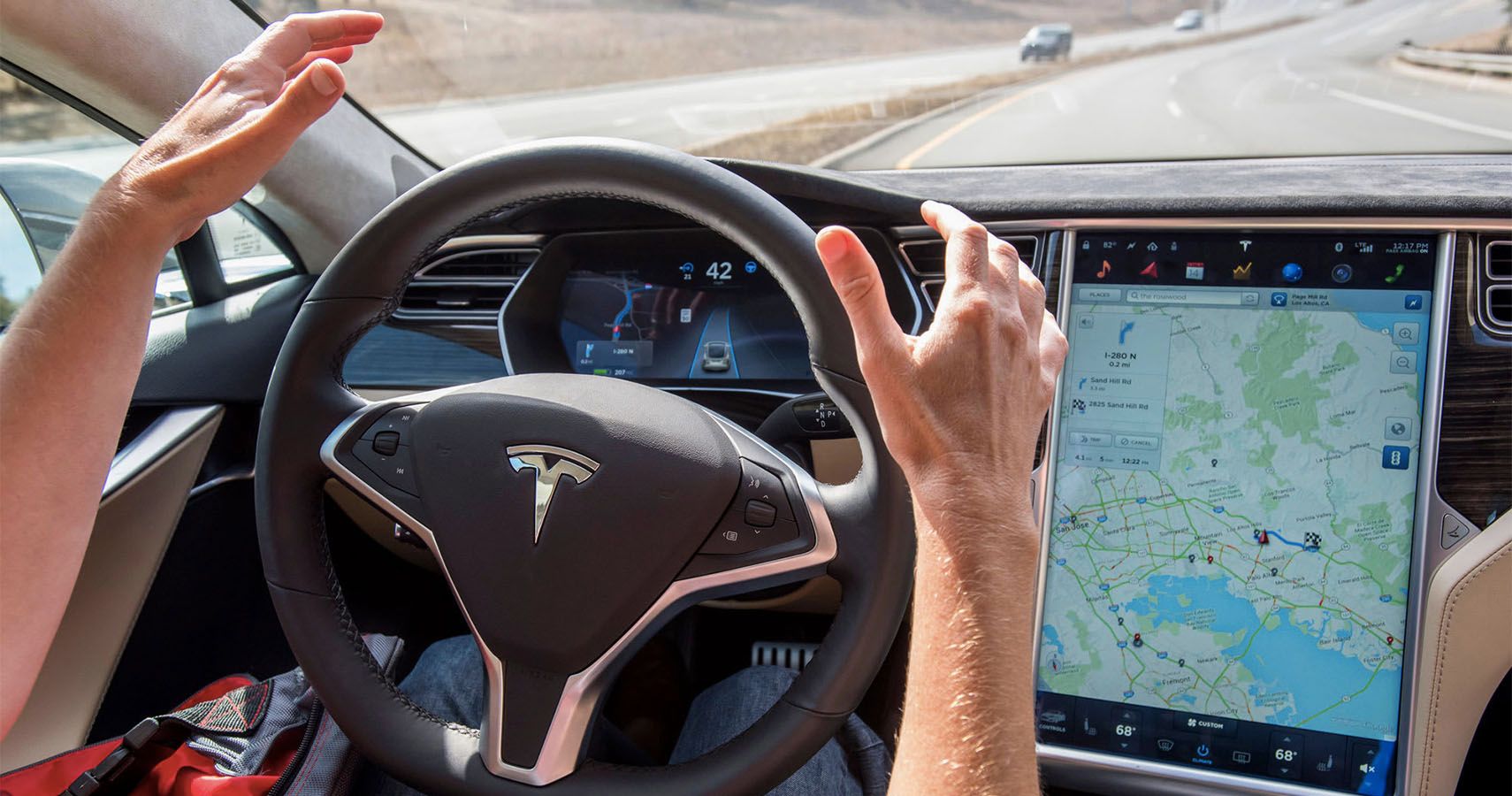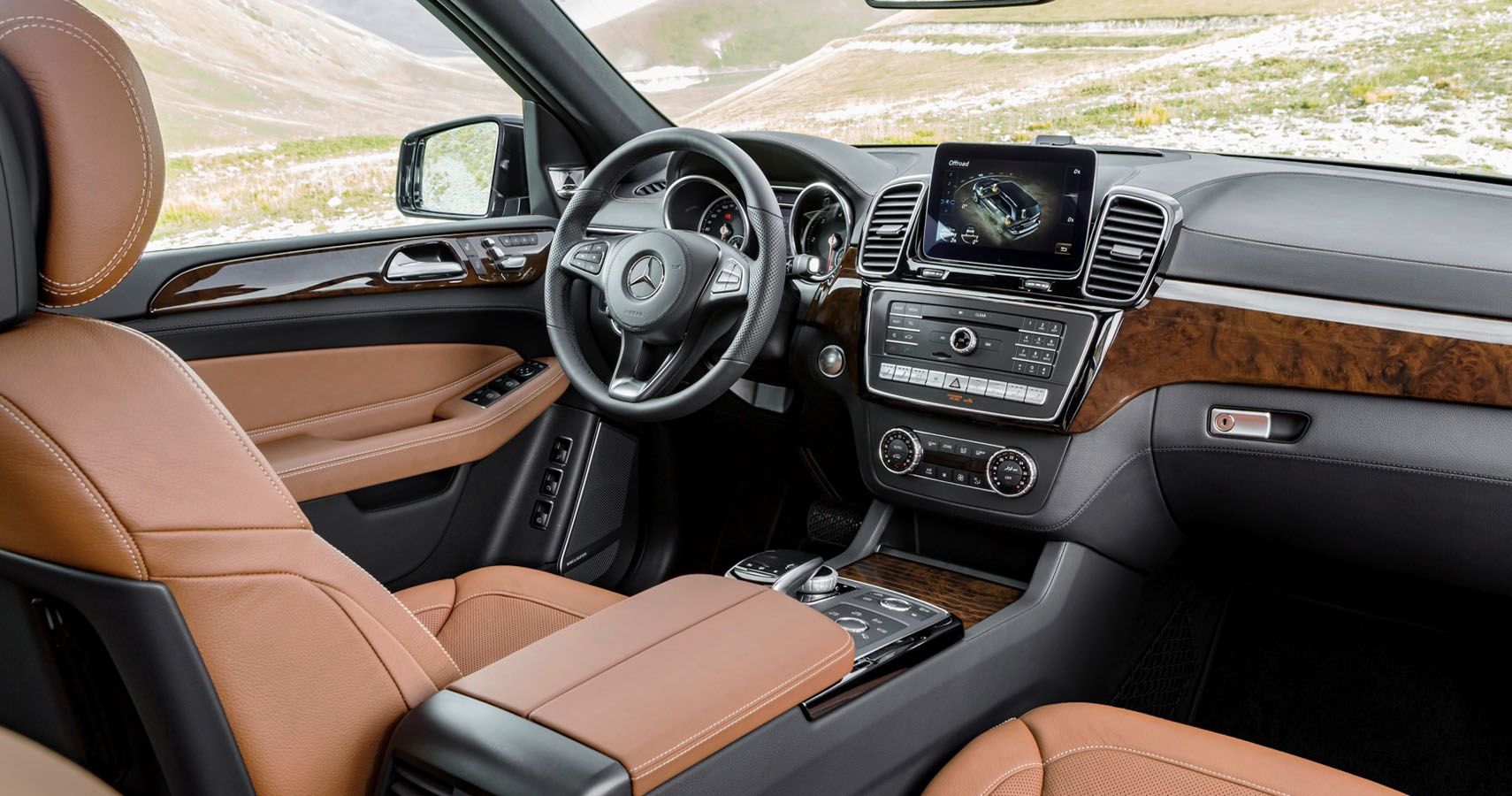The 1990s might go down in automotive history as the best decade for the internal combustion engine. This was an era when computerization had truly started to unlock the potential in research, design, and development, as well as in OBD scanning software and ECU programming that resulted in impressive reliability and performance the world had never seen before.
Today, increased computerization is both a pro and a con in cars, as consumers increasingly expect their cars to be less reliable than a smartphone—and need replacing at about the same frequency. And the trend seems only to be on the up-and-up, as a recent analysis by Deloitte suggests that electronics account for fully 40% of the sticker price of new cars.
So Fancy
Just watching any slew of car commercials on television reveals how much automakers have taken to advertising features like touchscreen infotainment systems (Bluetooth is a must!), panoramic sunroofs, and ventilated seats. Meanwhile, driver's aids like adaptive cruise control, lane keep assist, and pedestrian warnings approach a level of automation that's even a step behind the advances in self-driving technology that will soon revolutionize the roads of the world in a huge way.
Whatever happened to carmakers bragging about reliability, though? Well, that's less of a concern among a public that tends towards throwaway products rather than lifetime ownership and maintenance.
Electric Vehicles
Car and Driver's take on the Deloitte report pointed out how much Moore's Law has come into effect in the automotive industry. Moore's Law theorizes that the number of transistors on a microchip will double every two years, even as costs are cut in half in the same period. But anyone who lined up to put money down on a Tesla knows that electronics can sure cost a lot—and what role does Tesla's entirely electronic lineup play in the stats here, anyway? Deloitte projects that by 2030, electronics will make up 45% percent of new car prices, so quick, go buy some Tesla stock!
Sources: Deloitte, Car and Driver


